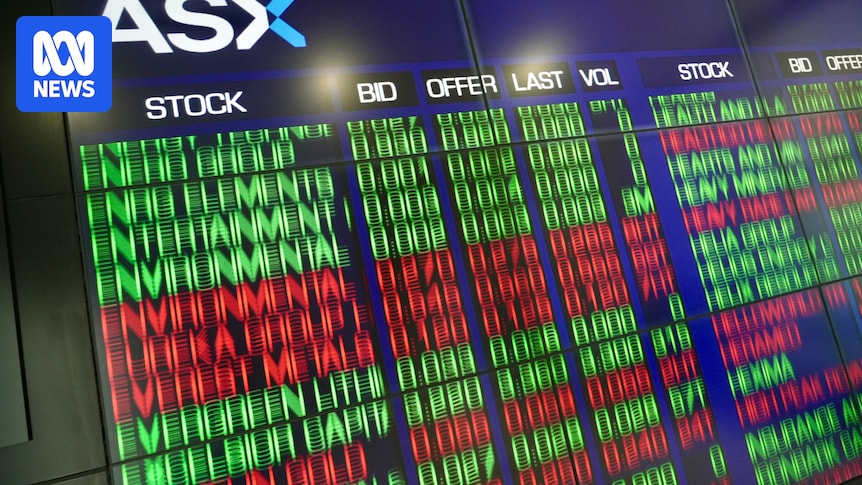US consumer prices increased by the most in seven months in August amid higher costs for housing and food, but a surge in first-time applications for jobless benefits last week kept the US Federal Reserve on track to cut interest rates next week
The larger-than-expected rise in the Consumer Price Index reported by the Labor Department resulted in the biggest year-on-year increase in inflation since January.
Higher inflation and softening labor market conditions fanned fears of stagflation, and pose a dilemma for the US central bank, beyond next week’s anticipated rate decision.
The broad increase in inflation partly reflected businesses passing on higher costs from US President Donald Trump’s sweeping tariffs to consumers and a rebound in demand for travel.
Tourist traffic to the US tanked during the spring and early summer amid boycotts and the White House’s immigration crackdown.
“Even though a September cut is a fait a compli, the future trend looks less certain,” said Sung Won Sohn, a finance and economics professor at Loyola Marymount University, told Reuters.
“The interaction of rising inflation and softening employment creates a difficult policy dilemma for the Fed.
“Cutting rates too quickly risks embedding tariff-driven inflation, while delaying cuts risks amplifying unemployment.”
The CPI rose 0.4% last month, the biggest gain since January, after increasing 0.2% in July, the Labor Department’s Bureau of Labor Statistics said. The CPI was driven by a 0.4% jump in the cost of shelter. Food prices increased 0.5%, with prices at the supermarket soaring 0.6%.
Financial markets have fully priced in a quarter-percentage-point reduction in rates next Wednesday (US time), with the Fed expected to deliver two similar-sized additional cuts this year.
The US central bank, which has a 2% inflation target, paused its easing cycle in January because of uncertainty over the inflationary impact of import duties.
The pass-through from import duties has been gradual, but businesses have now depleted their pre-tariff inventories.
Business surveys have for some time been signaling imminent price increases. Economists were divided on whether the pass-through from tariffs would be a one-off event or prolonged.
Reporting with Reuters

